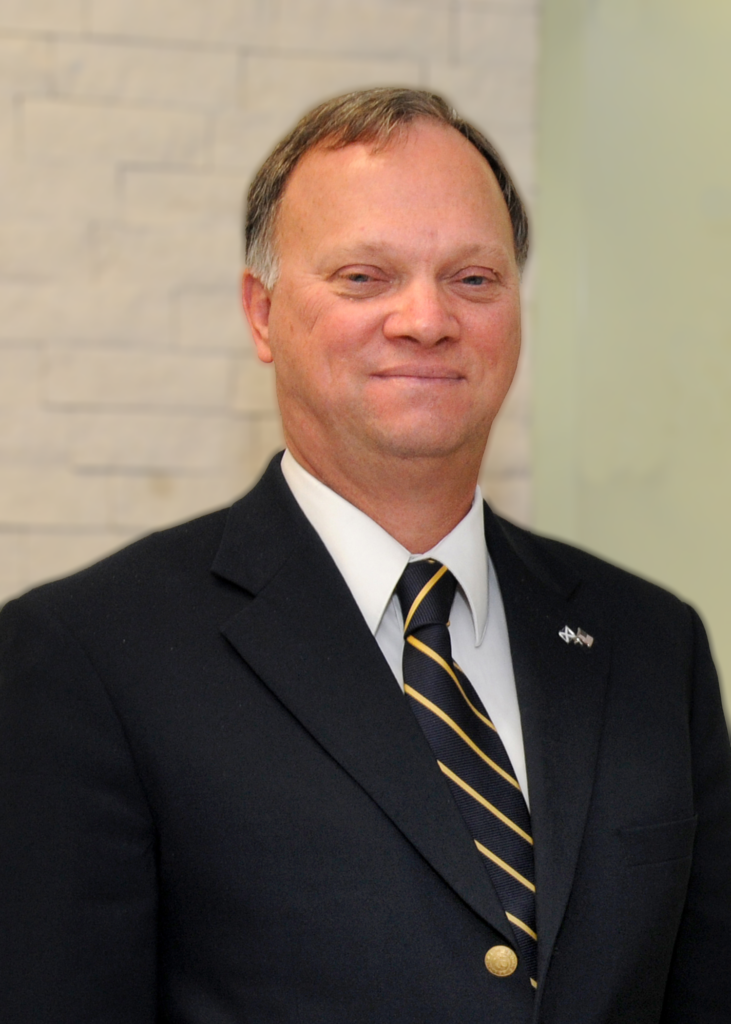Baylor and the John M. O’Quinn Foundation Partner in Preventing Fentanyl-Related Deaths
Like its namesake, famed Houston attorney John M. O’Quinn, the John M. O’Quinn Foundation has never shied away from a challenge, particularly when helping to solve seemingly unsolvable problems.

To that end, the Foundation has contributed over $2 million, which includes a recent contribution of $500,000, to Baylor College of Medicine to support a next-generation solution for one of the nation’s most dire health crises: fentanyl-related deaths.
Thomas Kosten, M.D., professor of Psychiatry and director of the Division of Alcohol and Addiction Psychiatry, is developing an anti-fentanyl vaccine that could prevent fentanyl overdoses and help curb the skyrocketing number of deaths as a result. This vaccine creates antibodies to block opioid molecules from entering the brain, thus preventing addictive highs and the biological mechanisms that cause overdoses.
This work is essential as law enforcement and public health officials have struggled to contain the fentanyl epidemic raging nationwide. According to the National Safety Council, of the 98,268 preventable drug overdose deaths in 2021, the fentanyl category of opioids was responsible for nearly 70% of those preventable drug overdose deaths, an increase of 26% from the previous year. In Texas, lawmakers recently passed four bills that were signed into law aimed at curbing fentanyl abuse.
Because of the Foundation’s generosity, Dr. Kosten is closer to bringing the anti-fentanyl vaccine to the testing phase, which is critical for obtaining FDA approval.
“We knew we needed to help,” O’Quinn Foundation President Rob C. Wilson III said. “Our initial seed philanthropy and now this renewed support has allowed Dr. Kosten and his team to make tremendous progress in the fight against addiction in some of the most underserved communities, something our founder believed in strongly.”
In addition to the gift for the anti-fentanyl vaccine, the O’Quinn Foundation also contributed $500,000 to advance research into Ehlers-Danlos Syndrome, a rare connective tissue disorder. Year after year, the Foundation continues to be a vital partner to the College by supporting unique approaches to important health challenges.



